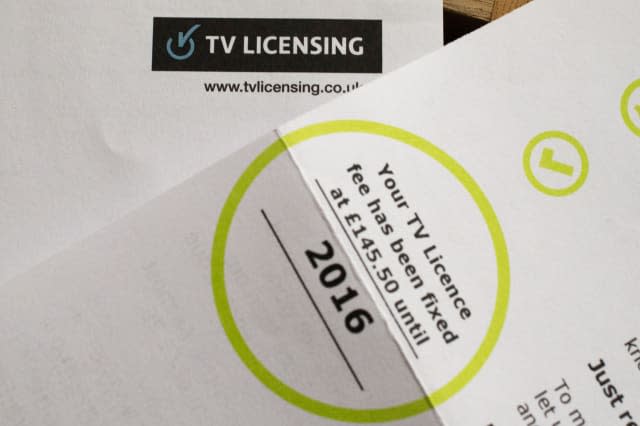BBC overhaul could lead to charge for 'premium content'

A proposed overhaul of the BBC and its licence fee could mean viewers end up paying a premium if they want to watch particular sports or drama series. It's one of a number of radical proposals put forward by the government that could change the face of the BBC and how we pay for it.
The BBC was always due to have its Royal Charter reviewed next year. However, John Whittingdale, the Culture Secretary, has decided to use this as an opportunity for radical transformation. As part of the process he has launched a consultation on a number of different funding models that could replace the way things currently work. These can be boiled down into a reformed licence fee (which is likely to be cheaper), a household levy, or a hybrid fee.
One proposal for the new-look licence fee is that anyone paying the new lower fee would get a basic 'core' service. Anyone wanting more attractive and expensive programmes would be asked to pay a subscription on top.
Another suggestion is that instead of having a specific licence fee for people who watch TV, the government could bring in a household levy - where everyone would just be charged the same amount regardless of whether they watch television or not.
New remit
There is also plenty in the Green Paper to suggest that the government wants to see the remit of the BBC greatly reduced. It suggests that the way people consume media has changed, so the BBC should stop trying to provide something for everyone.
Labour has suggested that as part of the changes, the government may seek to close BBC Radio 1 and 2. Certainly the consultation documents hints that this could be a possibility, saying: "Given the vast choice that audiences now have there is an argument that the BBC might become more focused on a narrower, core set of services that can continue to meet its mission and objectives."
It also suggests that much of the programming isn't sufficiently distinctive - so it could be provided by commercial channels instead - with no cost to licence fee payers. It used the example of The Voice - which is a format it purchased from the US. There are those who are concerned this would lead to a dramatically reduced entertainment schedule.
In defence
A number of celebrities - from Michael Palin to Dara O'Brien, have individually come out in favour of the BBC and warned against damaging it (quite aside from those who signed a controversial open letter). There have also been a number of petitions online - which have attracted anything between 65,000 and 80,000 signatures each - although it's fair to say there are plenty of petitions calling for an end to the licence fee too.
The BBC joined the fray, highlighting that it is an asset and not just a burden on taxpayers. It said in a statement: "The BBC is a creative and economic powerhouse for Britain. The starting point for any debate should be - how can a strong BBC benefit Britain even more at home and abroad? The BBC has embraced change in the past and will continue to do so in the future, and we will set out our own proposals in September. We believe that this Green Paper would appear to herald a much diminished, less popular, BBC. That would be bad for Britain and would not be the BBC that the public has known and loved for over 90 years."
It also argued that the public were the ones most affected by the decision, so it should be up to them how the BBC is funded - and the decision should not be left in the hands of the politicians. It said: "As the Director-General said on Tuesday, the BBC is not owned by its staff or by politicians, it is owned by the public. They are our shareholders. They pay the licence fee. Their voice should be heard the loudest."
But what do you think? Let us know in the comments.
TV stories on AOL Money
Ofcom to probe phone and TV firms that won't let you leave
BBC advertises for disabled presenter - no experience needed
Revenge for man whose life was made a misery when he tried to cancel Sky





